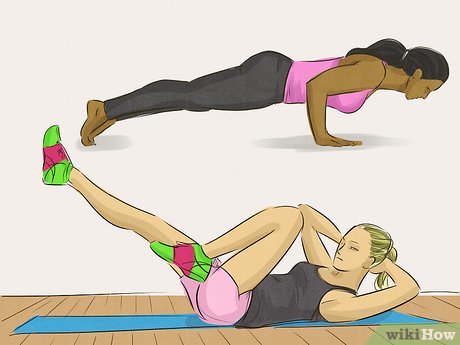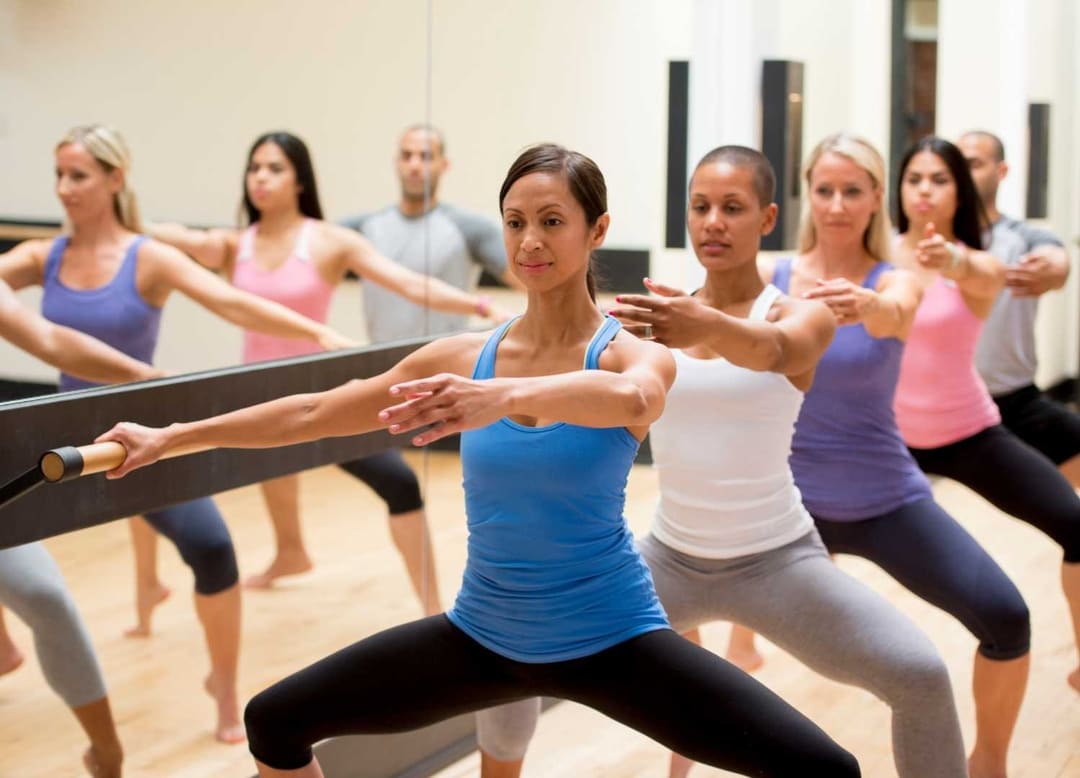
In order to be a yoga instructor, there is increasing demand. As yoga becomes more popular, so is the demand for private classes and workshops. In order to make the most of these opportunities, it is important to obtain all of the necessary certifications and build a network. It is important to put your best foot forward to make yourself stand out from the rest.
The lowest-paid salary at UMiami Health System is $47,050
Your employer will determine the annual salary of a Yoga Teacher. Based on experience, however, it is possible for you to earn more than the annual average. MySECO is a great place to start looking into your options for a career as a Yoga Instructor. You can find hundreds of yoga instructors through this website's partner employers.

YMCA pays the highest
The highest yoga instructor salaries are paid by the YMCA. A member can access hundreds of group classes every week, as well as free water exercise classes. YMCA membership can also be affordable. Discounts up to 50 percent are available. For savings, you can sign up to a monthly or fee-based membership. Many local health insurance plans also cover your fitness benefits.
Most yoga teachers struggle to make a living doing what they love. Studio rents and profit margins both are declining. In addition, there's fierce competition in the $16 billion yoga industry. In order to earn $400,000 as an instructor of yoga, you must be passionate and rely on the universe for success.
The highest salary offered by UMiami Health System is $47,050
In the state of Florida, the average annual gross salary for a yoga instructor is $58,417, which is equivalent to $28 an hour. This includes $894 bonus. In five years, a certified yoga instructor will earn between $43,027 to $71,256. Senior-level instructors are the highest paid in Miami.
The average amount paid by UMiami Health System
The average yoga instructor's annual salary is $58,417, which is about $28 per hour. Additionally, they have the option to earn additional income through workshops or personal coaching. The average yoga instructor earns $80,000 annually. The lowest-paid earn around $49,000.

The salary of a yoga instructor depends on many factors. These include location, experience, specialization, hours taught, type of studio, and the area where they live. Additional factors that influence the salary include SEO and online marketing skills.
FAQ
Is it safe and legal to exercise in cold conditions?
Outside exercise is encouraged whenever possible. The air temperature isn't the only factor determining whether it's safe to exercise outdoors. Other factors include visibility, humidity, precipitation and wind speed. Layers of clothing are recommended to protect against wind chill and rain when exercising outdoors in inclement weather.
How exercise and nutrition can help you to have a better life?
Exercise can help you lose weight, gain muscle mass and reduce stress. Nutrition is vital for energy, mood, sleep, and overall health. Eat less meat, limit alcohol consumption, avoid smoking, exercise regularly, and reduce your risk of dying.
What is the value of good nutrition?
We need to eat well for our health and wellbeing. Healthy eating includes whole grains, fruits, vegetables, lean protein, dairy, and other healthy foods. Being active and eating healthy foods can help us be more fit, which results in better overall health.
How many hours of rest should I get each evening?
The amount of sleep recommended depends on your age, gender, and personal needs. Most adults need between 7 and 9 hours of sleep per night. Children and teens typically need between 7 and 9 hours of sleep each night. However, this number drops as they get older.
How does caffeine affect my sleep?
Caffeine can affect how quickly you fall asleep, and how well you sleep. Caffeine induces drowsiness which makes it easier to fall asleep. However, caffeine can keep you awake longer and make it more difficult to fall asleep. Instead of drinking coffee or energy drinks just before bed, you might consider having them in the evening.
What if I am exercising and want to eat?
Yes. While you're working out, you can eat whatever you'd like. You should choose low-calorie snacks, such as watermelon (carrots, celery), apples, bananas and grapes. These foods are high in nutrients, which can improve your performance during training.
Why is fitness so important?
For our health, physical fitness is vital. To maintain our strength, flexibility and weight, as well as our cardiovascular system, we must exercise regularly. Exercise is also good for our sleep, stress reduction, self-esteem and energy throughout the day.
Statistics
- In high-income countries, 26% of men and 35% of women were insufficiently physically active, as compared to 12% of men and 24% of women in low-income countries. (who.int)
- In 2018, the World Health Assembly agreed on a global target to reduce physical inactivity by 15% by 2030 and align with the Sustainable Development Goals. (who.int)
- An estimated 110,000 deaths per year could be prevented (cdc.gov)
- Globally, 28% of adults aged 18 and over were not active enough in 2016 (men 23% and women 32%). (who.int)
External Links
How To
How to Burn Belly Fats Quicker
When trying to lose weight, belly fat is often viewed as a problem. If you look at it, belly fat is actually a positive thing. Your organs are protected by the fat around your stomach. Let's learn how to quickly burn belly fat.
The main factors that contribute to our body fat accumulation are stress and inactivity. Cortisol hormone is stimulated by stress, which causes us to feel constantly hungry. Cortisol is responsible for an increase in insulin levels. Insulin then stores excess calories as fat. An increased appetite can be caused by a lack of sleep. These extra calories can be broken down by exercising.
There are many different ways to reduce bellyfat. You can choose to try any of these options, depending on your budget. Here are some quick tips to get rid of belly weight.
-
Eat less food. Instead of eating three large meals per day, try to eat smaller meals. You will eat less calories in general.
-
Make sure you drink plenty of water. Water flushes out toxins and keeps you hydrated. Also, drinking water before every meal will keep you feeling full longer so you won't overeat.
-
Avoid snack foods that are unhealthy. If you're looking for quick fixes, snack foods like chips, cookies, candies, etc. It might sound tempting. These fattening treats are best avoided as they have too many empty calories and sugar. Choose healthy options like whole grains, fruits, vegetables, nuts, seeds and nuts.
-
Strength training should be done at least three times per week. Strength training helps build muscle mass, which means that you can burn more calories even when you are resting. It also strengthens bones, muscles, ligaments, tendons, the heart, lungs, and joints.
-
Walk or stretch regularly. Stretching increases flexibility and mobility. It also reduces back pain. Walking is a great way of burning calories, especially when you do it for just 30 minutes.
-
Reduce alcohol intake. Avoid alcohol.
-
Slowly lose weight. To lose weight, the first step is to determine what your current weight. Then, add 5% to 10% to your body weight to get your ideal weight. Once you have determined your ideal weight, you can start to reduce your calorie intake by 500-1000 calories per day until you reach it.
-
Avoid processed foods. These foods have high amounts of salt, sugar, and preservatives. Although they are convenient, processed foods don't have enough nutrients to sustain your health.
-
Don't skip breakfast! Eating breakfast improves concentration, memory, and energy level. Include protein (like eggs) and fiber, like oats, in your breakfast.
-
Have regular bowel movements. Gas and bloating can result from irregular bowel movements. Increase your fiber intake and drink lots of water.